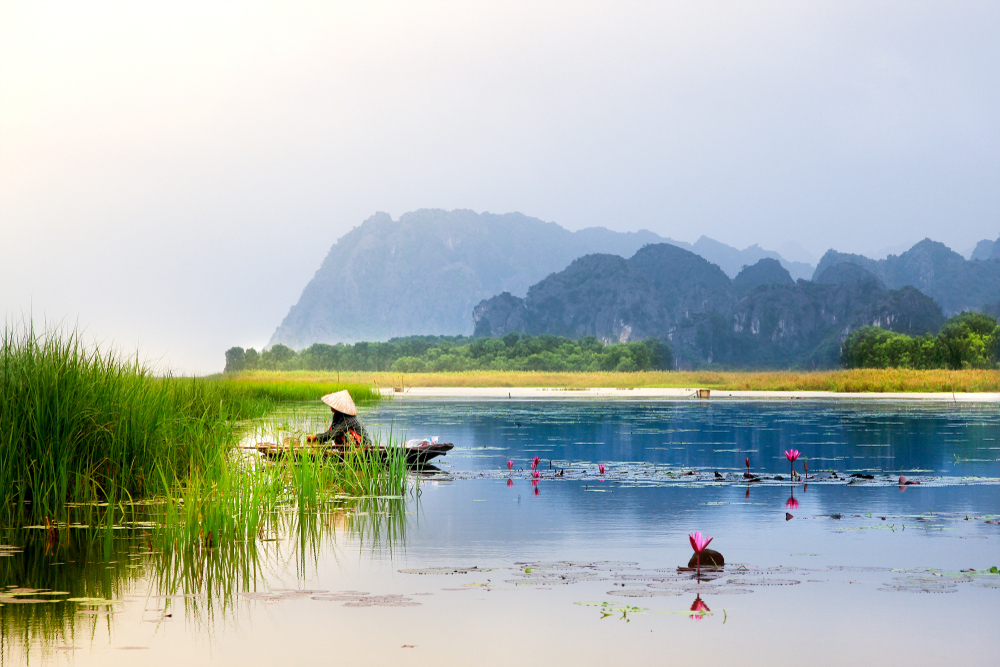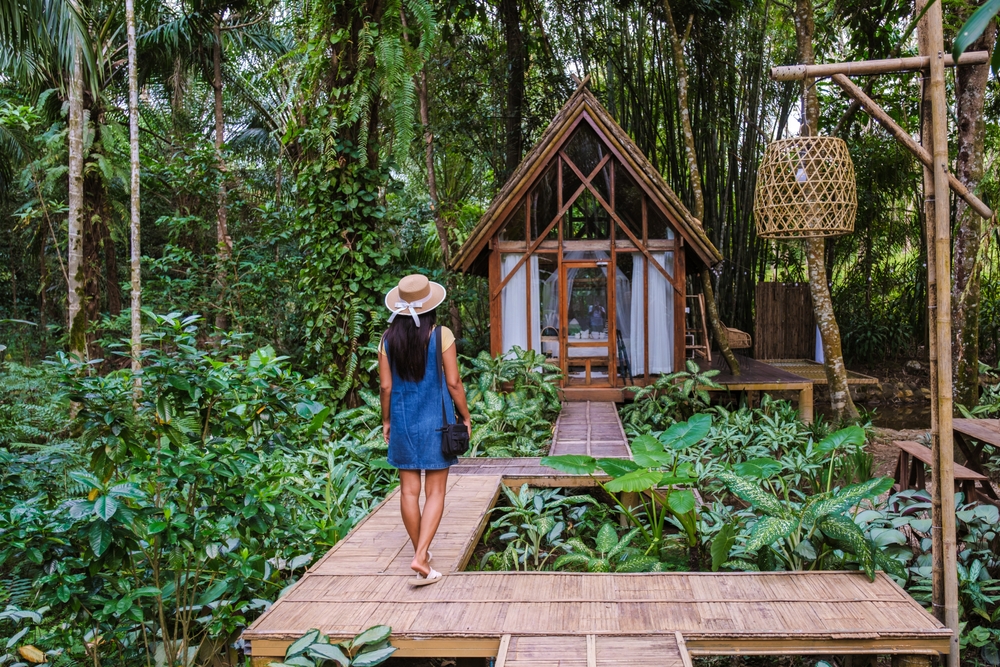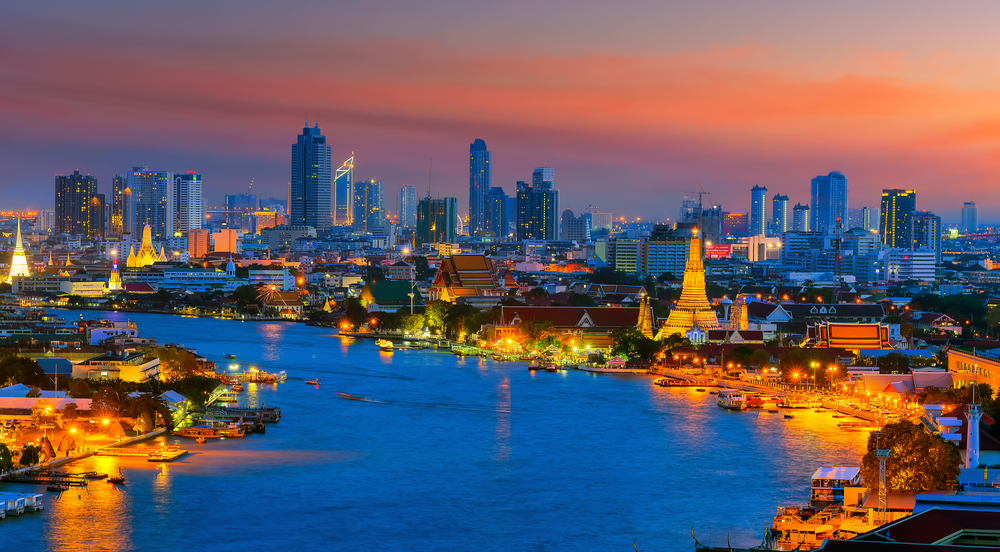Eco-Tourism in Thailand: Discovering Nature the Sustainable Way
Thailand is known for its turquoise waters and tropical landscapes — but beyond the postcard beauty lies a growing movement toward sustainability. Eco-tourism in Thailand is more than a trend; it’s a national commitment to protect the country’s incredible biodiversity while empowering local communities.
For those seeking meaningful travel experiences, Thailand offers the perfect blend of adventure, conservation, and cultural connection.

1. Thailand’s Green Vision
Sustainability has become a cornerstone of Thailand’s modern tourism strategy. The government, private sector, and local communities are working together to balance growth with environmental stewardship.
From banning single-use plastics in national parks to promoting green hotels and ethical wildlife sanctuaries, Thailand’s eco-tourism efforts reflect a deep respect for nature — a value that aligns with the Thai philosophy of “living in harmony with the land.”
🌿 Insight: Thailand has more than 150 national parks and 120 forest reserves, covering nearly one-third of its total land area.
2. Community-Based Tourism: Empowering the Locals
At the heart of sustainable travel in Thailand are the communities that preserve it. Across northern villages, island cooperatives, and farming regions, locals are inviting travelers to experience authentic Thai life while contributing directly to their livelihoods.
In Chiang Rai, hill tribes share traditions through cultural homestays; in Nan and Mae Hong Son, you can join community-led trekking and organic farming programs that protect mountain ecosystems.
💬 Travel Tip: Choose tours accredited by the Designated Areas for Sustainable Tourism Administration (DASTA) — they ensure your visit benefits both people and planet.

3. Ethical Encounters with Wildlife
Gone are the days when riding elephants or visiting captive animal shows were the norm. Today, ethical wildlife tourism leads the way.
In Chiang Mai, sanctuaries like Elephant Nature Park rescue and rehabilitate elephants, offering observation-only experiences where animals roam freely. Marine projects in Phuket and Koh Tao focus on coral restoration, turtle conservation, and ocean clean-ups.
🐘 Remember: True eco-tourism means being a guest in nature — not its master.
4. Thailand’s Best Eco-Tourism Destinations
Thailand’s diverse geography offers endless options for nature lovers:
- 🌴 Khao Sok National Park (Surat Thani) – One of the world’s oldest rainforests with floating eco-lodges on emerald lakes.
- 🏝️ Koh Yao Noi (Phang Nga Bay) – A quiet island promoting community-based eco-resorts and local crafts.
- 🐢 Koh Tao (Gulf of Thailand) – A global leader in marine conservation and responsible diving.
- 🌄 Chiang Mai & Pai (Northern Thailand) – Sustainable trekking, organic farms, and eco-retreats surrounded by lush mountains.
- 🌾 Nan Province – A hidden gem known for reforestation projects and cultural immersion.
Each destination tells a story of renewal — where tourism sustains rather than depletes.

5. Eco-Luxury: Green Doesn’t Mean Basic
Thailand proves that sustainability and sophistication can coexist. Eco-resorts across Phuket, Krabi, and Samui offer luxury experiences powered by renewable energy and locally sourced materials.
Properties like Soneva Kiri, Keemala, and Six Senses Yao Noi have set international benchmarks for sustainable hospitality — blending comfort, culture, and conservation.
✨ Did you know? Thailand was one of the first Asian countries to adopt the Global Sustainable Tourism Council (GSTC) framework.
6. How to Travel Sustainably in Thailand
Whether you’re exploring cities or islands, small actions make a big impact:
- Refill your water bottle instead of buying plastic.
- Support local artisans and farm-to-table eateries.
- Use eco-certified tour operators.
- Respect wildlife and natural habitats.
- Offset your carbon footprint when flying domestically.
🌏 Mindset: Eco-tourism isn’t about doing less — it’s about doing better.
7. Investing in a Greener Future
For long-term residents or investors, Thailand’s sustainability movement presents unique opportunities — from eco-property developments to green hospitality ventures.
The Thai Investment Visa can support individuals looking to combine lifestyle, impact, and investment in projects aligned with environmental responsibility.
Living or investing sustainably in Thailand isn’t just ethical — it’s the future of global living.
🌺 Final Thoughts
Eco-tourism in Thailand invites travelers to rediscover paradise responsibly — to see nature not as a backdrop, but as a shared home.
By treading lightly and investing wisely, every visitor becomes part of Thailand’s journey toward a more balanced and beautiful tomorrow.





.png)
.png)










